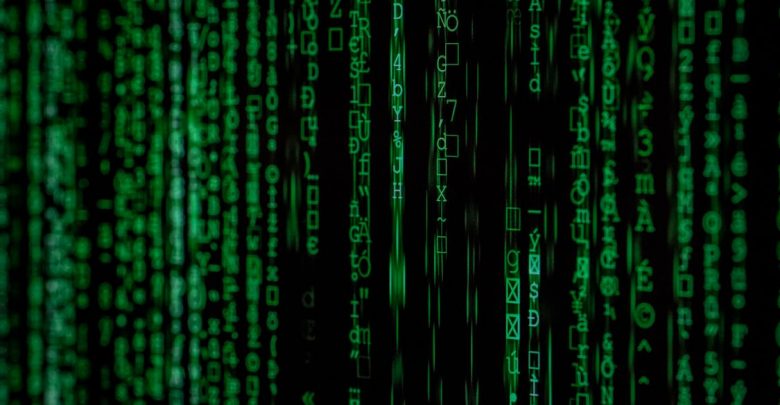
The US government has once again started pushing for encryption backdoors that would allow law enforcement and the government to break through encrypted messages. The idea for weakened consumer encryption, also referred to as responsible encryption, was proposed by former Deputy Attorney General, Rod Rosenstein and supported by current US Attorney General William Barr.
The argument for this is the usage of encrypted communications by criminals, hackers, and terrorist organizations. Nonetheless, allowing weakened consumer encryption may carry severe repercussions for America not just at the constitutional level, but for national security as well.
Table of Contents
1. Congress Has Already Rejected Surveillance Backdoors
Congress has already gone through a similar debate. During the 1990s, they went through something similar during the initial "Crypto War." The government faced strong opposition from privacy advocates, security experts, and industry experts – who continue to fight encryption backdoors to this day.
2. It Would Weaken US Cybersecurity
Serious data breaches have shown us how precarious the modern cybersecurity landscape is. It's been proven time and again that we need robust encryption protocols, and that they need to be as secure as possible. Every security expert says that it would be impossible to create a backdoor to encryption for the government without compromising the security of the data and increasing the risk of data loss. It would only open us up to more cyber threats and make the situation much worse.
3. Secure Encryption Protects Against Criminals
Those opposed to encryption have yet to offer any kind of compelling evidence of a time when encryption prevented a criminal from being prosecuted. However, there is plenty of evidence that shows how encryption makes everyone involved safer. Don't listen to the argument that the government wants to protect you and stop criminals. Encryption doesn't prevent them from doing that.
4. It Breaks the Fourth Amendment
The Fourth Amendment of the United States Constitution guarantees the right for people to be secure in their papers and effects. The US Supreme Court even found – in the case of Riley v. California – that allowing for warrantless searches was a greater risk to Fourth Amendment rights considering the information kept on smartphones. They rejected claims by the government that they need an exception to the warrant requirements based on the need to secure evidence. That is what the Fourth Amendment protects Americans against.
5. It Breaks the First Amendment
As well as being a breach of our Fourth Amendment rights, it would be a breach of First Amendment rights. The Courts have repeatedly found the limitation of encryption code, which is itself considered a form of speech, to present concerns about breaching the First Amendment. If anything, the United States Department of State argues that allowing people to use encryption enables them to freely express themselves – as the First Amendment tells them to – by alleviating concerns over surveillance and censorship from governments with poor records on human rights.
While criminals indeed use encrypted signals to plan their crimes, the pitfalls of adding a backdoor to encrypted systems outweigh its benefits. For one, if legislation like the one in question are allowed to pass, it may create a new paradigm where the government imposes laws that violate the privacy of Americans for the sake of national security.





Leave a Reply
Thank you for your response.
Please verify that you are not a robot.